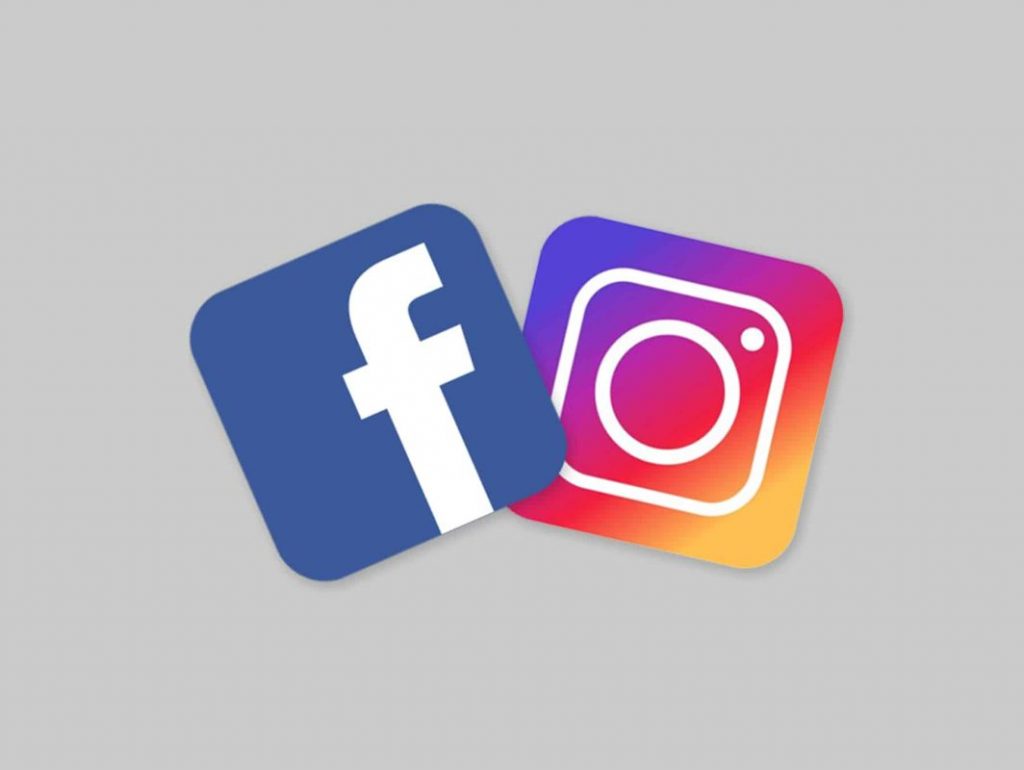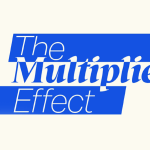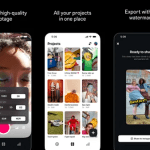Instagram users and agencies recently took to the social network to voice concerns over a sudden dip in engagement on their posts.
Speculation around an algorithm change was dispelled by an Instagram spokesperson, but it’s left a question mark over what caused performance drops.
Alex Micu, a marketer at Hue and Cry agency, and one of the individuals behind the viral Instagram Egg said: “My feeling is they are completely culling organic reach and pushing their ads.” Many users have echoed his complaints.

Comms consultant Ste Davies speculated: “It seems that the Instagram algorithm is going the same way the Facebook page algorithm did in 2014. The golden age for engagement is over and they’ll be ramping up the monetisation from now on.”
Elsewhere, Elliott Kurjan, chief executive and co-founder at Wagyu Social, formerly a LadBible and Unilad social media exec, hasn’t noticed a drop off in organic reach but has instead seen greater fluctuation in performance from post to post. Some posts that don’t get any initial traction “are being buried by the algorithm quicker than ever,” he said.
“This was always the case, but it’s definitely getting more noticeable. When you have a piece of content that your audience clearly engage with it gets pushed and the reach flies,” Kurjan noted.
Instagram however insists that it has not made any recent changes to the “feed ranking algorithm”.
Quelling complaints that users’ friend content was being hidden in favour of brands, it said users now see more than 90% of their friends’ posts in their feed, as opposed to when the feed was chronological in 2016, where less than half of that was seen.
Furthermore, the spokesperson said that “no content is ever hidden” and the content from prominent figures is not granted higher priority, contrary to the claims that Instagram has a ‘shadowban’ policy in place.
However, it is introducing more monetisation features. This week, for example, it allowed brands the option to pay to boost influencer posts as ads into the feeds of non-followers.
These algorithm tweaks along with tests like hiding Likes and cracking down on inappropriate content is leading to concerns from lingerie and swimwear brands that engagement could be affected, according to We Are Social’s head of research and insight Paul Greenwood.

Social media consultant Matt Navarra said that algorithm complaints occur on a weekly basis on a social media group he runs, which has more than 8,000 members. “People say organic reach is being strangled, others report having a record-breaking week,” he said.
Rather than any drastic algorithm change, these frequent reach fluctuations are instead just “part and parcel of the platform,” according to Sedge Beswick, the founder and managing director of influencer marketing agency Seen Connects.
She said there have been no notable drop-offs with the agency’s influencer set recently but suggested that any reduced reach others are experiencing could be down to the increased prominence and organic reach of IGTV videos, commanding more feed real estate.
“We are still seeing huge value in organic content, particularly with micro influencers which is low value for brands however, brands need to be pulling owned, earned and paid posts closer together to drive the impact they need for their businesses,” she said.
“Those within marketing are increasingly savvy to the fact that social platforms are becoming a paid-to-play space, paid media allows you to ensure you’re reaching specific audiences that are right for your business.”
Wagyu Social’s Kurjan urged anyone seeing an engagement dip to “focus on keeping the quality of your posts as high as possible while working out the ins and outs of what the algorithm changes will favour.”
The platform has been in flux for many years as Facebook increasingly makes its own mark. One of these is Instagram’s push to develop a commerce platform and make influencer posts shoppable.
Instagram users will have to get to grips with regular changes to the service – or migrate elsewhere.
For example, coming out of China is TikTok, the fledgling video app. Brands are increasingly becoming interested in this unsaturated space.
source: http://www.thedrum.com
MARKETING Magazine is not responsible for the content of external sites.











